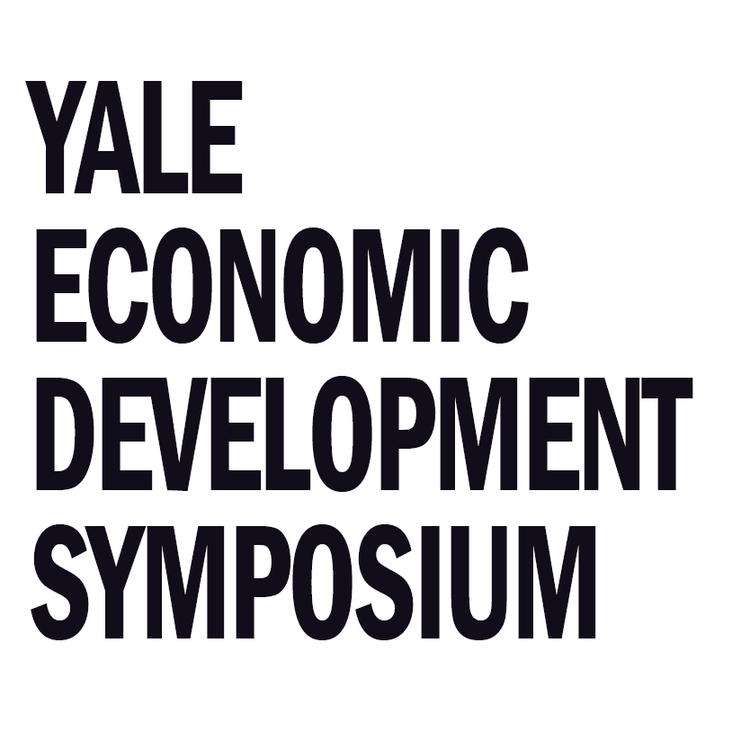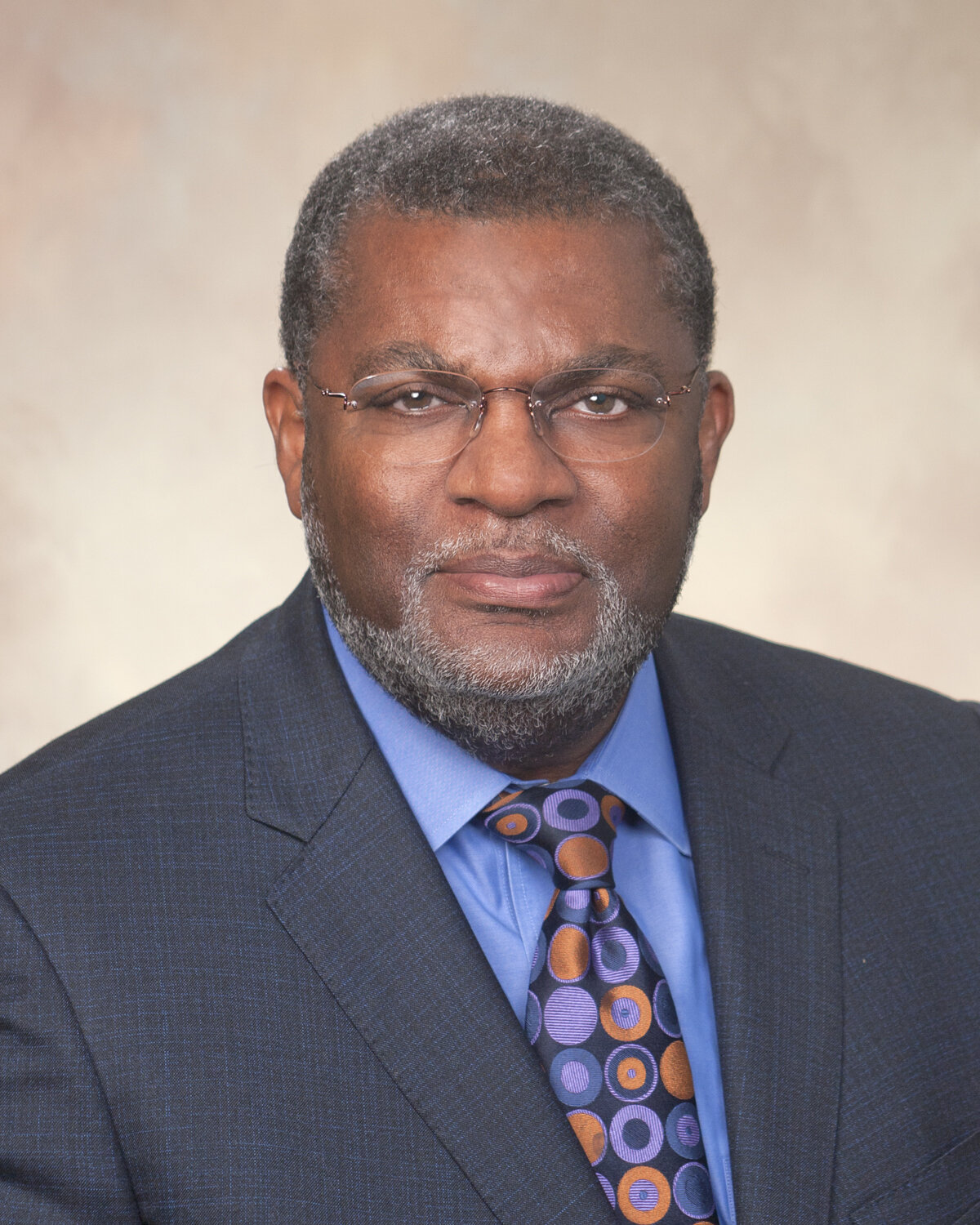
Keynote
For more than three decades, Bill Bynum has worked to advance economic opportunity for disenfranchised populations. He began his career in North Carolina by establishing nationally recognized programs at Self-Help and at the NC Rural Economic Development Center. In 1994, Bynum moved to Mississippi to become the founding CEO of the Enterprise Corporation of the Delta, and in 1995 organized Hope Community Credit Union.
Today, HOPE (Hope Enterprise Corporation, Hope Credit Union and Hope Policy Institute), is a family of organizations that provides financial services; leverages resources; and engages in policy analysis to strengthen communities, build assets, and improve lives in Alabama, Arkansas, Louisiana, Mississippi and Tennessee. Since 1994, HOPE has generated more than $2.5 billion in financing that has benefitted more than one million people in one of the nation’s most impoverished regions.
Bynum serves on the boards of the Aspen Institute, NAACP Legal Defense Fund, Prosperity Now, and William Winter Institute for Racial Reconciliation. Bynum previously chaired the Consumer Financial Protection Bureau Consumer Advisory Board and the Treasury Department’s Community Development Advisory Board, and served as a member of the US Partnership on Mobility from Poverty. A recipient of the University of North Carolina Distinguished Alumnus Award, Bynum and HOPE have been honored with the John P. McNulty Prize (Aspen Global Leadership Network), Ned Gramlich Award for Responsible Finance (Opportunity Finance Network), Annie Vamper Award (National Federation of Community Development Credit Unions), Herb Wegner Award (National Credit Union Foundation), National Entrepreneur of the Year (Ernst & Young/Kauffman Foundation), Rural Hero Award (National Rural Assembly), Pete Crear Lifetime Achievement Award (African American Credit Union Coalition) and The Wall St. Journal/Met Life Foundation Financial Inclusion Challenge.
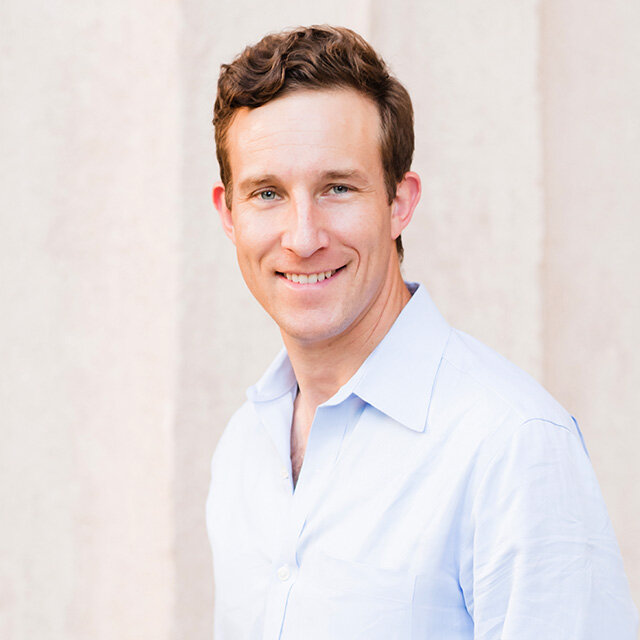
Keynote
John N. Friedman is Professor of Economics and International and Public Affairs at Brown University and a founding co-director of Opportunity Insights at Harvard University.
His research brings together theory and data, harnessing the power of large administrative datasets to yield policy-relevant insights on a wide range of topics, including taxation, healthcare, and education quality. His work has appeared in top academic journals as well as in major media outlets.
His most well-known papers estimate the long-term effects of teachers on student outcomes such as college attendance and earnings; in just one year, a great teacher can raise the lifetime earnings of a single class of students by nearly $1.5 million. This work was cited by President Obama in his 2012 State of the Union Address. Friedman has also worked as special assistant to the President for economic policy at the National Economic Council in the White House from 2013-2014.
He holds a Ph.D. in economics, an AM in statistics, and a BA in economics, all from Harvard University. He is a Research Associate at the National Bureau of Economic Research.
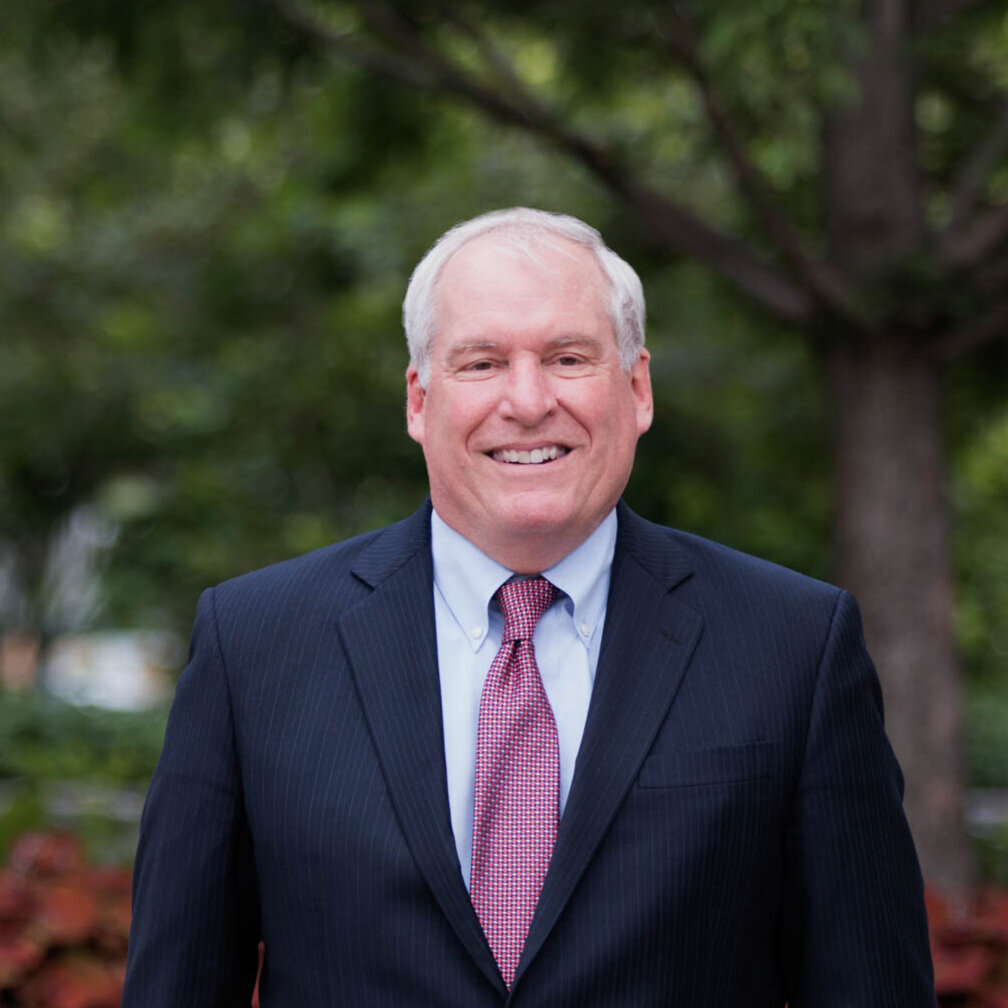
Keynote
Eric Rosengren is president and CEO of the Federal Reserve Bank of Boston, one of 12 regional Federal Reserve banks. Eric is a participant in the Federal Open Market Committee, the monetary policymaking body of the United States. As CEO, Eric leads the Boston Fed’s work, which includes economic research and analysis, banking supervision and financial stability efforts, community economic development activities, and a wide range of payments, technology, and finance initiatives.
Eric was appointed president in 2007 and has taken a rigorously data-driven approach in forming his views on the national and regional economy. His research and policy positions pay close attention to both aspects of the Fed’s dual mandate – labor market outcomes as well as price stability. Eric’s work as a researcher and now as a policymaker has often focused on financial stability issues and their impact on the real Main Street economy. He has led a number of efforts to expand the Boston Fed’s outreach and impact on low- and moderate-income communities – among them hosting sizable foreclosure- prevention workshops for New England residents during the Great Recession, and running a competition for postindustrial New England communities to develop cross-sector collaboration and ultimately help improve the lives of lower-income residents.
Eric holds a bachelor’s degree in economics from Colby College, where he is the current chair of the board of trustees, and earned a master’s and doctorate in economics from the University of Wisconsin, Madison.
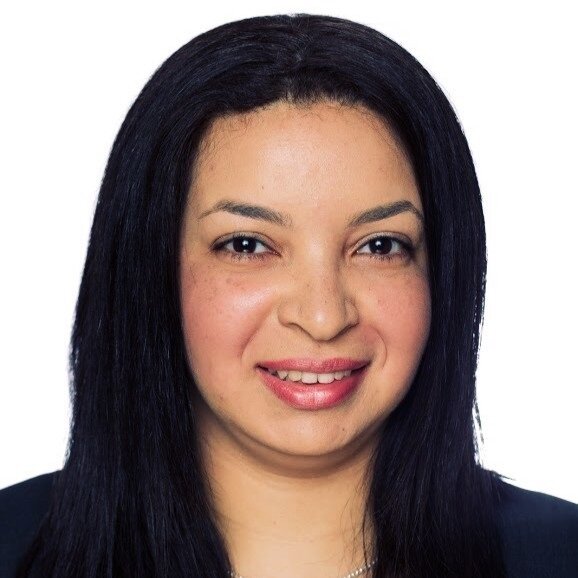
Panelist, Challenges and Opportunities Posed by Transitioning to a Green Economy
Emily Chasan is director of communications for Generate, where she leads internal and external communications. Generate is a leading diversified infrastructure company, which owns, operates and finances sustainable infrastructure in power, mobility and waste.
Prior to the role, she was Sustainable Finance Editor at Bloomberg News, where she pioneered the news organization’s coverage of ESG, sustainability and impact investing. Recognized as a leading voice on green finance, Emily wrote and edited Bloomberg Green’s weekly Good Business newsletter on the frontiers of sustainable and responsible investing and is a regular speaker at ESG conferences and events.
She was previously a senior editor at The Wall Street Journal's CFO Journal, and a senior correspondent at Reuters where she covered accounting, law, hedge funds, manufacturing, and the U.S. stock market. She led the wire service's team of bankruptcy reporters during the financial crisis from 2008 to 2010.
Emily started her career as an intern in The Wall Street Journal's Dallas bureau. She graduated from Tufts University cum laude with a degree in Economics and International Relations.
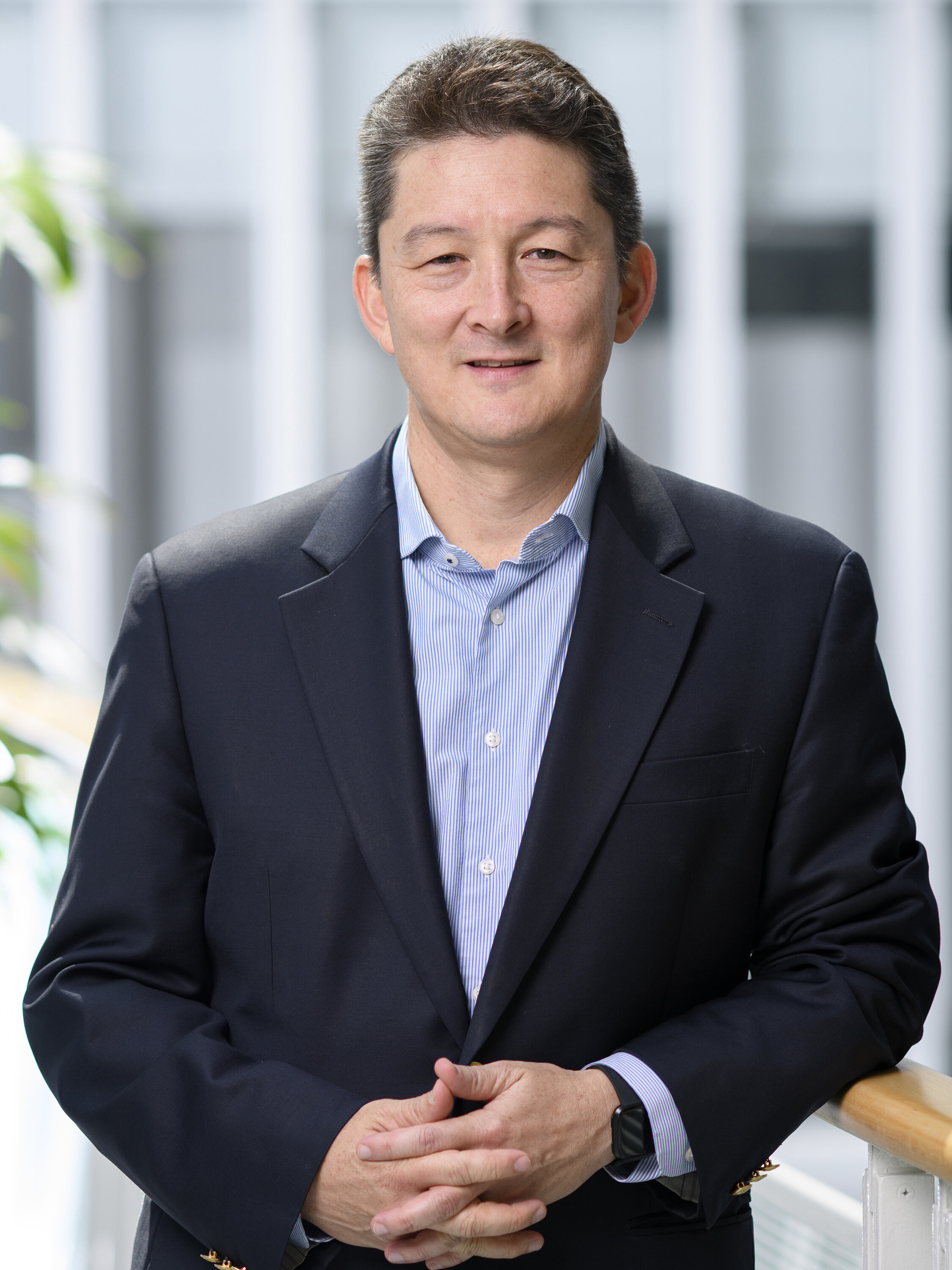
Panelist, Financial Services' Role in Inclusive Development
Gregory Chen leads CGAP’s Policy team, which helps policy makers adapt to the fast-changing world of digital finance. This includes developing and executing a strategy to engage multiple countries, regions, and global bodies—and oversight of the work of more than a dozen staff and consultants.
Gregory has 25 years of financial inclusion experience and deep regional experience in South Asia. His work has focused on hands-on start-up pioneer microfinance institutions, digital finance players, and FinTech. He has been part of forging new institutions and regulatory environments to support financial sectors. This includes work with the Aga Khan Development Network, BRAC, Telenor, and Dvara. He also has experience as a corporate banker at Bank of America and led the establishment of the financial services consulting firm Enclude in South Asia.
Gregory is a frequent speaker and lecturer on microfinance and digital finance in academic circles at BRAC University, Johns Hopkins, Tufts, Yale, and American University. He has been interviewed by BBC and quoted in the Economist. He has a Master’s degree in International Development from Harvard’s Kennedy School and an undergraduate degree from Wesleyan University.

Panelist, Future of Work: Rewiring Systems to Create Shared Prosperity
Anita Davis has a broad track record in community, economic and workforce development programs and initiatives designed to improve the economic mobility of low- and moderate-income individuals and communities. Her extensive experience includes the administration of a variety of funding sources including federal, state, local and private grants. She is a workforce development expert with in-depth knowledge of labor market dynamics, occupational and skill demands, adult career training and workforce development policies, implementation, evaluation, and best practices. Anita will join Goodwill Industries of Missouri and Kansas on March 1st as Chief Mission Officer. Currently, Anita serves as Workforce Development Program Director for the Mid-America Regional Council (MARC) where her team leads regional education and workforce development initiatives such as GradForce KC, Regional Workforce Intelligence Network and KC Degrees. Prior to joining MARC Anita was the Assistant Director of Workforce Development for the City and County of Denver, Colorado where her tenure included leading the delivery of WIOA Adult, Dislocated Worker, and Youth programs and other regional workforce development initiatives.
Ms. Davis earned a bachelor’s degree in African Studies from the University of Kansas and a master’s degree in Public Administration and Urban Economic Development from the University of Missouri Kansas City where she was a Federal Department of Housing and Urban Development Fellow.
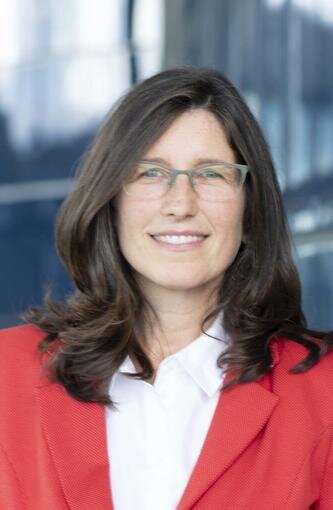
Moderator, Future of Work: Rewiring Systems to Create Shared Prosperity
Kate Cooney is a Senior Lecturer in social enterprise and management at the Yale School of Management. Her research uses institutional theory to study the intersection of business and social sectors. Current work focuses on the cross-country comparisons of new social business legal forms, corporate supply chain transparency, social return on investment methods and inclusive economic development strategies in the American city. To understand how hybrid organizations are shaped by commercial and institutional isomorphic pressures, she has studied commercialization in the nonprofit sector, social enterprise, workforce development programs, and the emergence of new social business legal forms. She has also written broadly about market based approaches to poverty alleviation the negotiation of competing institutional logics in social enterprise organizations.
Projects underway include CitySCOPE podcast, a series examining inclusive economic development in American Cities (Listen to Season 1 Charting the Opportunity in Opportunity Zones) and a MacMillan Center funded grant titled Consumer Activism and Supply Chain Transparency: Anti-Slavery Movements in the United Kingdom and the United States. Prior to joining the faculty at Yale SOM, Dr. Cooney was on the faculty at Boston University teaching courses on nonprofit management, urban poverty and economic development, and community and organizational analysis. Kate Cooney currently serves on the Board of Directors of Dwight Hall at Yale, Center for Public Service and Justice.
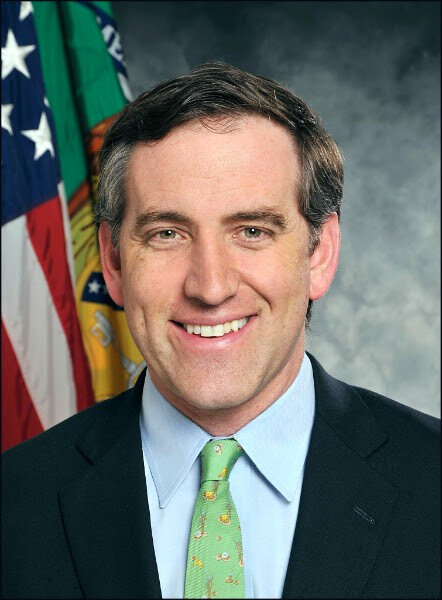
Panelist, Future of Work: Rewiring Systems to Create Shared Prosperity
Alastair Fitzpayne serves as a Senior Fellow and Advisor at the Aspen Institute. He previously served as Executive Director of the Aspen Institute Future of Work Initiative. Prior to his work at the Aspen Institute, he served as Chief of Staff at the Department of Health and Human Services (HHS) under Secretary Sylvia Burwell. In addition to serving as Chief of Staff at HHS, Fitzpayne also held a number of senior roles at the Department of the Treasury during the Obama Administration, including Deputy Chief of Staff and Assistant Secretary for Legislative Affairs. He has also served on Capitol Hill, in both the Senate and the House, as an economic advisor to Sen. Evan Bayh and Rep. Rahm Emanuel, respectively. He has also worked at the White House Office of Management and Budget and Abt Associates, a public policy consulting firm.
Fitzpayne holds a BA from Vassar College and an MPP from the University of California-Berkeley.
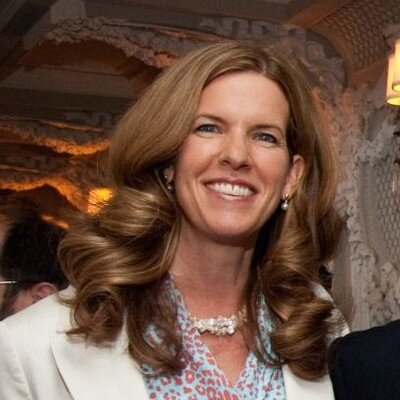
Panelist, Challenges and Opportunities Posed by Transitioning to a Green Economy
Amy Francetic is a managing partner at Buoyant Ventures, a new Chicago-based venture fund that invests in digital climate solutions in North America. In 2009, she co-founded Clean Energy Trust, a technology accelerator that serves the Midwestern US and helps launch new clean energy companies. She led the accelerator as CEO until 2015, and continues to serve on its board of directors. Between Clean Energy Trust and Buoyant Ventures, she spent several years as managing partner at Energize Ventures, where she invested in digital solutions that drove affordability, reliability, and security in energy and industry. She holds a B.A. in psychology and political science from Stanford University.
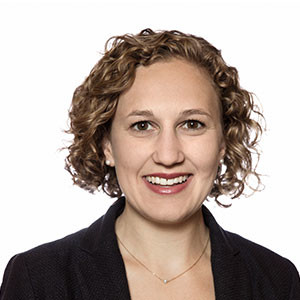
Panelist, Financial Services' Role in Inclusive Development
Miriam Freeman is passionate about financial health and inclusive economic development, which she brings to her role in JPMorgan Chase Global Philanthropy as part of the firmwide financial health strategy and $125MM philanthropic commitment. She has ten years of experience at the intersection of business and social impact and has lived and worked in Latin America, including three years in Santiago, Chile. She holds a Master of International Business from The Fletcher School at Tufts University and a bachelor's degree in international affairs from The George Washington University.
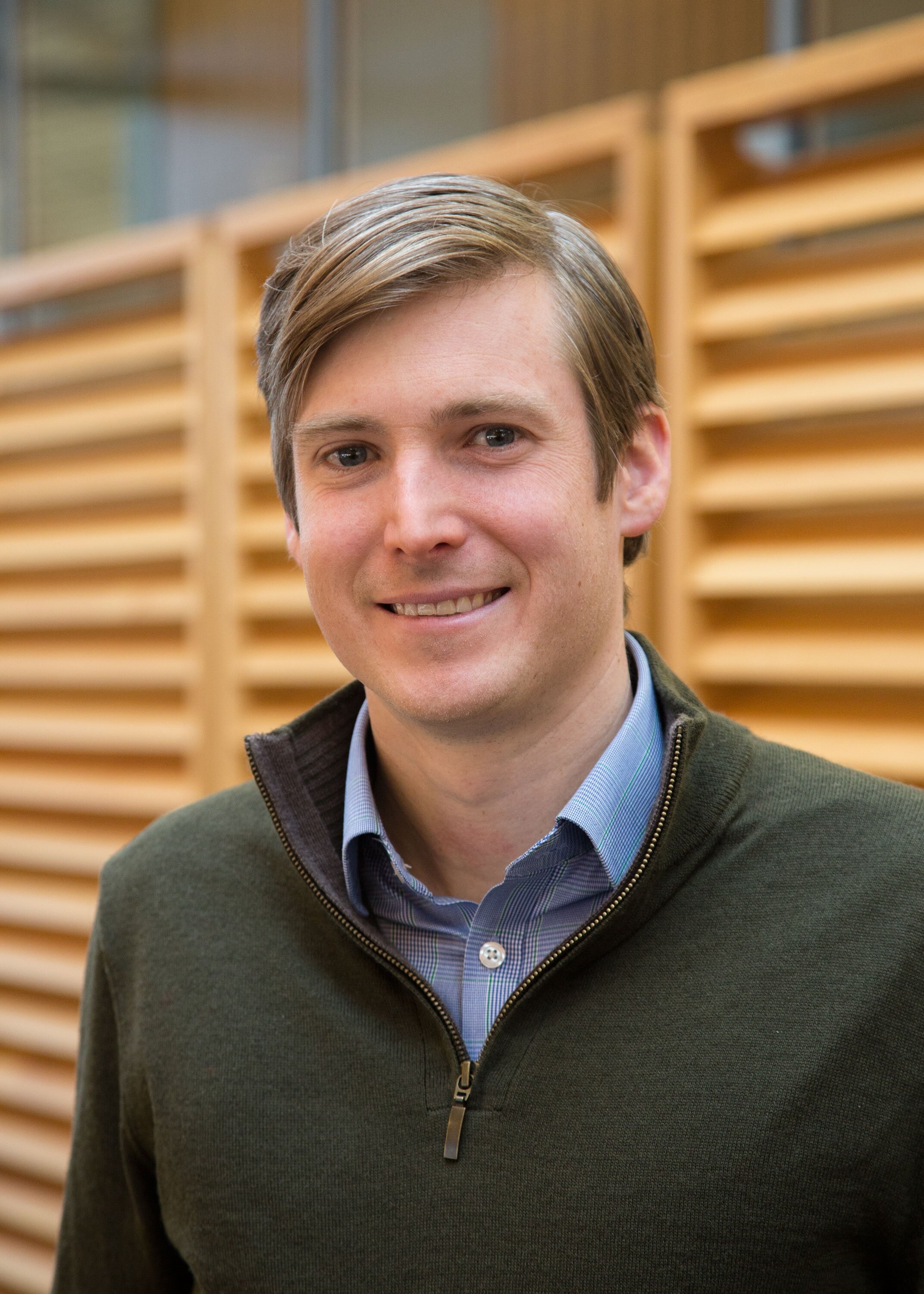
Panelist, Challenges and Opportunities Posed by Transitioning to a Green Economy
Kenneth Gillingham is an Associate Professor of Economics at Yale University, with a primary appointment in the School of the Environment and secondary appointments in the Department of Economics and School of Management. In 2015-2016 he served as the Senior Economist for Energy and the Environment at the White House Council of Economic Advisers. He is an energy and environmental economist drawing from the fields of applied microeconomics, industrial organization, and energy modeling. His research examines the adoption of new energy technologies, energy efficiency, quantitative policy and program analysis, and climate change policy. He has published widely on consumer decisions in energy efficiency and renewable energy, as well as on climate and energy policy. Outlets for his work have included Science, Nature, PNAS, American Economic Journal: Economic Policy, RAND Journal of Economics, Quantitative Economics, Management Science, Marketing Science, Journal of the Association of Environmental and Resource Economists, Journal of Environmental Economics & Management, and the Energy Journal. His research has been funded by the National Science Foundation, U.S. Department of Energy, U.S. Environmental Protection Agency, and several foundations. Prior to joining Yale, was a Fulbright Fellow in New Zealand and a Fellow for Energy and the Environment at the White House Council of Economic Advisers. Before this, he worked at Resources for the Future and the integrated assessment modeling group at Pacific Northwest National Laboratory. He received a Ph.D. in Management Science & Engineering and Economics, as well as M.S. degrees in Statistics and Management Science & Engineering, from Stanford University. His undergraduate degree was an A.B. in Economics and Environmental Studies from Dartmouth College.
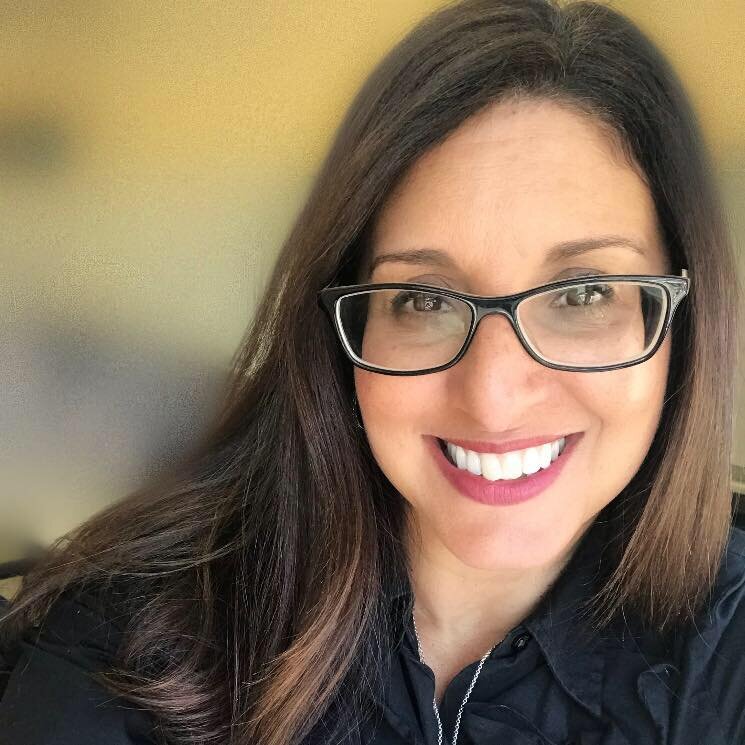
Panelist, CDFIs and Righting the Wrongs of Racial Wealth Exclusion
Carolyn Gonzalez is the Community Development Officer at Capital for Change, CT's largest full-service Community Development Financial Institution. She has devoted most of her career to community and economic development having directed a variety of community and economic development programs and projects with ASPIRA of CT, Bridgeport Economic Development Corporation, State of CT Department of Economic and Community Development, and Community Capital Fund.
Carolyn is a founding member and board member of the Greater Bridgeport Latino Network, serving as president from 2015-2019. GBLN has engaged thousands of Latinos in Connecticut through a variety of communications platforms, service collaborations, networking activities and educational programs.
Carolyn attended the University of Puerto Rico in Rio Piedras, PR, holds a Bachelor’s Degree (Political Science) from the University of Bridgeport and an Interior Design Certificate from Fairfield University.
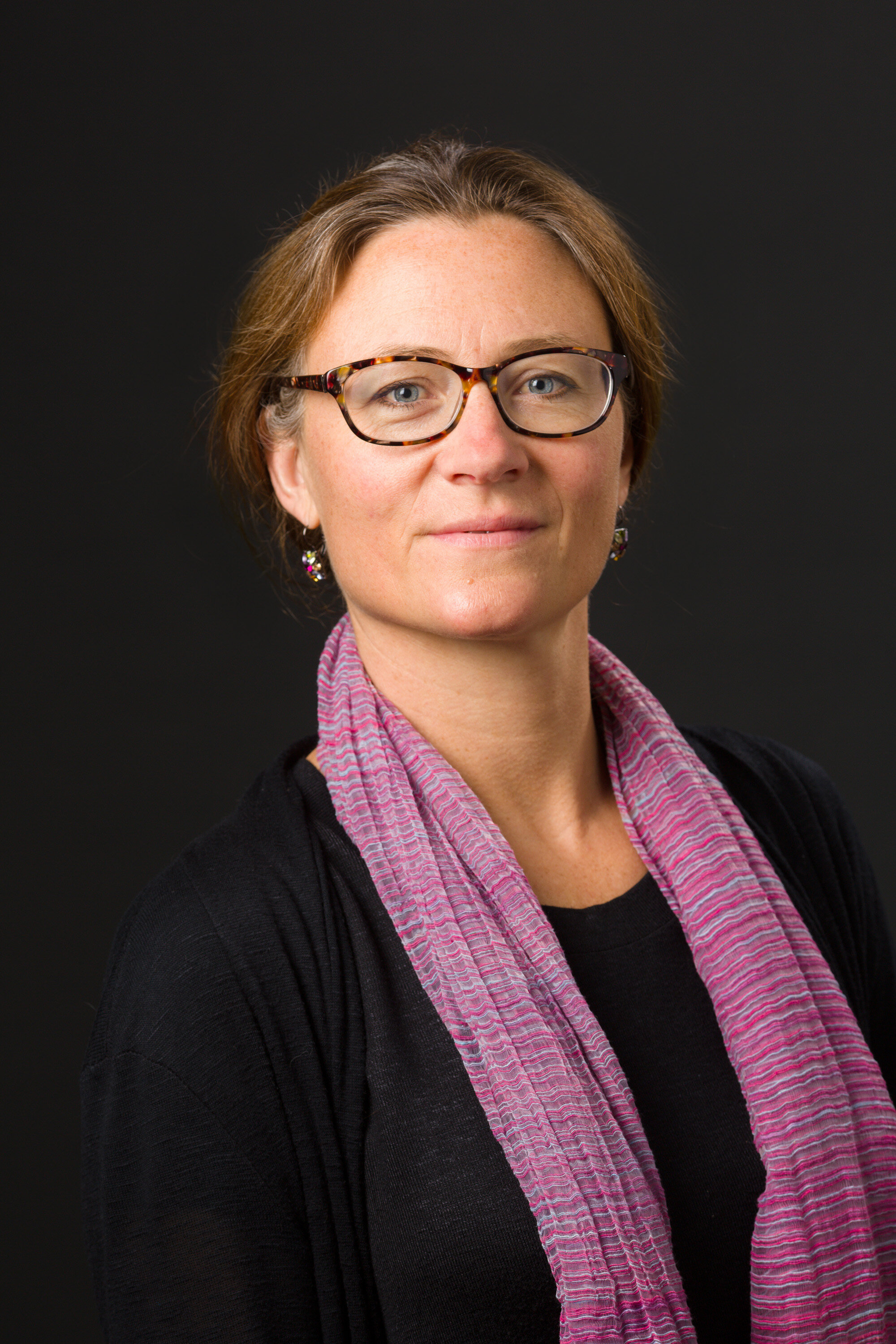
Moderator, Financial Services' Role in Inclusive Development
Annie Harper has a PhD from Yale University in cultural anthropology. She conducts research on how vulnerable populations, particularly low income people with mental illness, cope with poverty and financial difficulties, and how to support them in this area. She is particularly interested in understanding how the financial services and retail industries could better serve low income people generally, and people with mental illness in particular. She is committed to combining rigorous research with practical work that makes a difference now, to which end she works closely with the City of New Haven and the broader community’s efforts to provide support to low income residents struggling with financial difficulties. She is originally from the UK, but has lived for many years in New Haven with her husband, who is originally from Pakistan, and their three children.
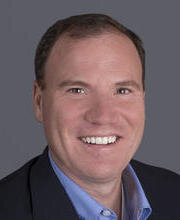
Panelist, Challenges and Opportunities Posed by Transitioning to a Green Economy
Philip Jordan is the Vice-President of BW Research Partnership, leading the firm’s Massachusetts office. His work focuses on the impact of talent on economic prosperity and sustainable communities, and his personal passion is developing solutions that provide expanded opportunities for the most difficult to serve populations. Jordan has extensive experience studying the innovation economy, in particular, clean energy and ICT. He has authored dozens of reports including The Solar Foundation's annual Solar Jobs Census, the Natural Resource Defense Council's American Wind Farms Report, Solar and Wind Labor Market Analyses for the National Renewable Energy Laboratory, statewide clean energy studies for nine states, and numerous local reports for workforce boards, community colleges, and municipalities. He recently published a book with El Sevier on the global solar industry. Phil has worked in private industry, academia, and government, including the California Community Colleges, Commonwealth of Massachusetts, and the United States Senate.
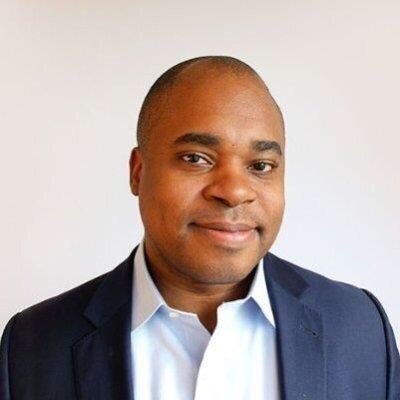
Panelist, CDFIs and Righting the Wrongs of Racial Wealth Exclusion
Amir Kirkwood has more than 20 years of banking and economic development finance experience. He currently serves Opportunity Finance Network as Chief Lending and Investment Officer. In his capacity at OFN, Amir is responsible for management of OFNs $900 million of investments in CDFIs. Amir helps the firm raise capital to support long term financing needs of the CDFI industry. He is a member of the Investment Committee and Credit Review Committee where he assists the firm in risk and portfolio management.
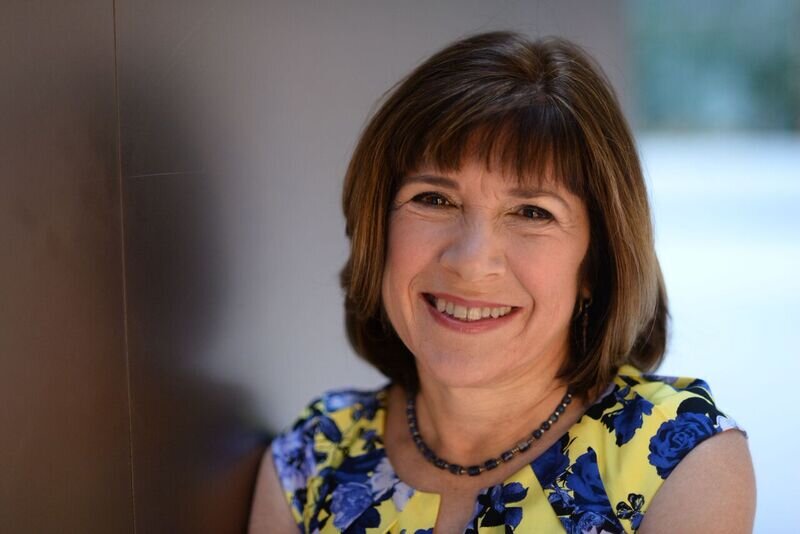
Moderator, CDFIs and Righting the Wrongs of Racial Wealth Exclusion
Andrea Levere is President Emerita of Prosperity Now (formerly CFED), a private nonprofit organization with the mission of ensuring that everyone can gain financial stability, build wealth and achieve prosperity. It designs and operates major national initiatives that aim to integrate financial capability services into systems serving low-income people, build assets and savings, close the racial wealth divide and advance research and policies that expands economy mobility for all. She stepped down in August 2019 after spending 15 years as President and 27 years with the organization and is now an Executive Fellow at the Yale School of Management, hosted by the International Center for Finance in partnership with the Program for Social Enterprise. In this role, Andrea is leading an initiative focused on expanding “Equitable Finance” for the nonprofit sector and recently authored the Blueprint for Enterprise Capital available at https://enterprisecapital.info.
In 2013, President Obama appointed Ms. Levere to the National Cooperative Bank’s (NCB) Board of Directors. She served as the Chair of the Community Advisory Council of the Federal Reserve Board of Governors for 2019. She is a founding investor and the Chair of ROC USA, a national social venture that converts manufactured home parks into resident owned cooperatives. She was formerly a member of the FDIC’s Committee on Economic Inclusion, Morgan Stanley’s Community Development Advisory Board, and Capital One’s Community Advisory Council as well as the Chair of the Board of Directors of the Ms. Foundation for Women. She holds a BA from Brown University and an MBA from Yale University.
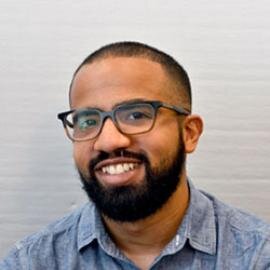
Panelist, CDFIs and Righting the Wrongs of Racial Wealth Exclusion
Emanuel Nieves is an Associate Director of Policy at Prosperity Now, where he works to inform and mobilize advocates across the country to push for policy change at the federal level that expands economic opportunity. He also leads Prosperity Now's work on predatory lending and coordinates the Assets Building Policy Network. Before joining Prosperity Now, he worked at the Local Initiatives Support Corporation, where he coordinated LISC’s local office advocacy efforts in Washington, DC, and provided support on an array of housing and community development federal issues.
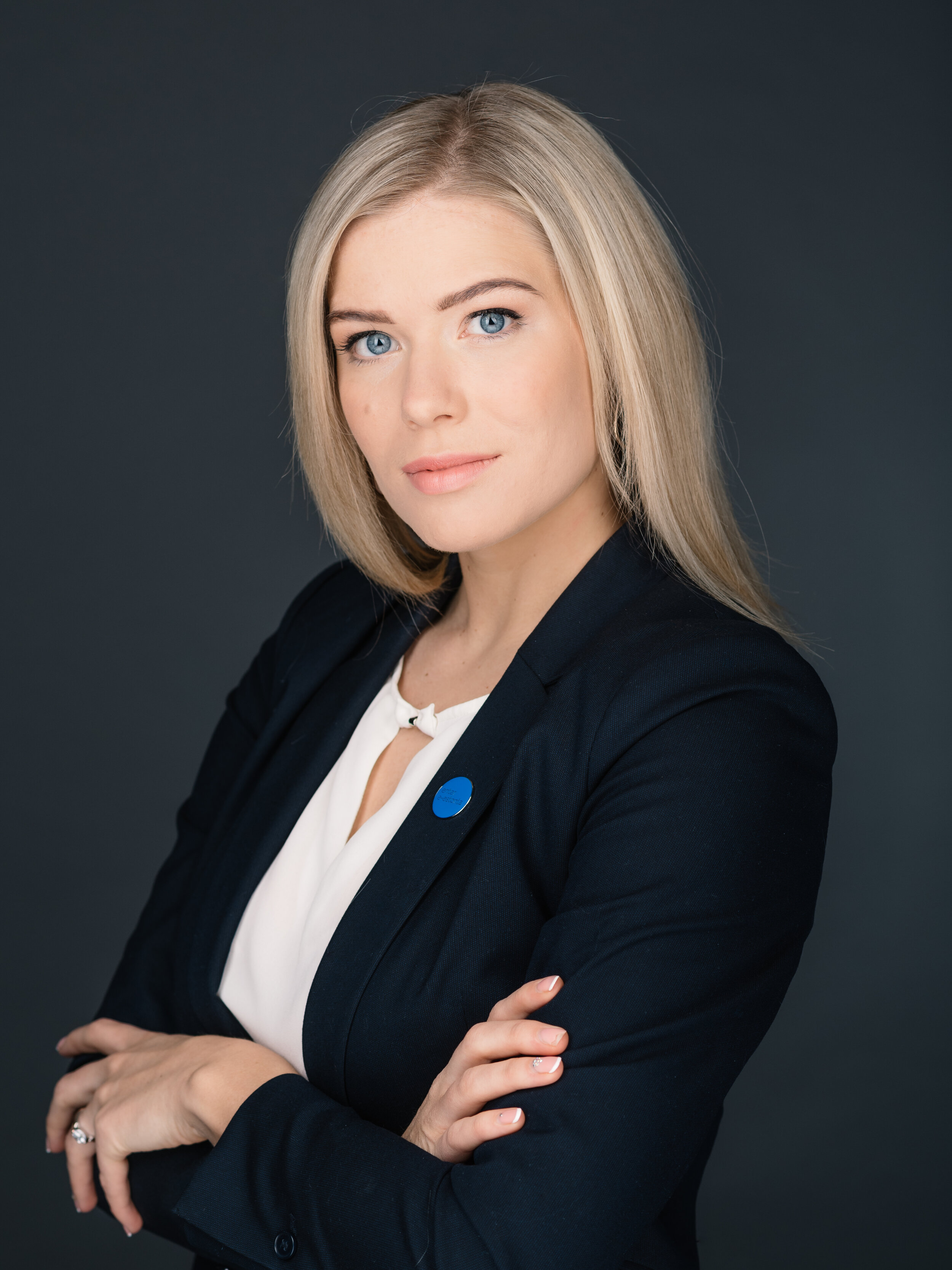
Panelist, Financial Services' Role in Inclusive Development
Having lived and studied in different countries, Anett has learned to appreciate living in a digital society. Anett believes that all processes and structures of public services should be accessible and simple for every single citizen. Based on her academic background in political science, Anett focuses on enhancing good cooperation between the public and private sector to create a comprehensive and supportive environment. Her goal as a Digital Transformation Adviser at the e-Estonia Briefing Centre is to explain the Estonian digitalisation experience and thus inspire leaders and decision-makers alike to create a better tomorrow.
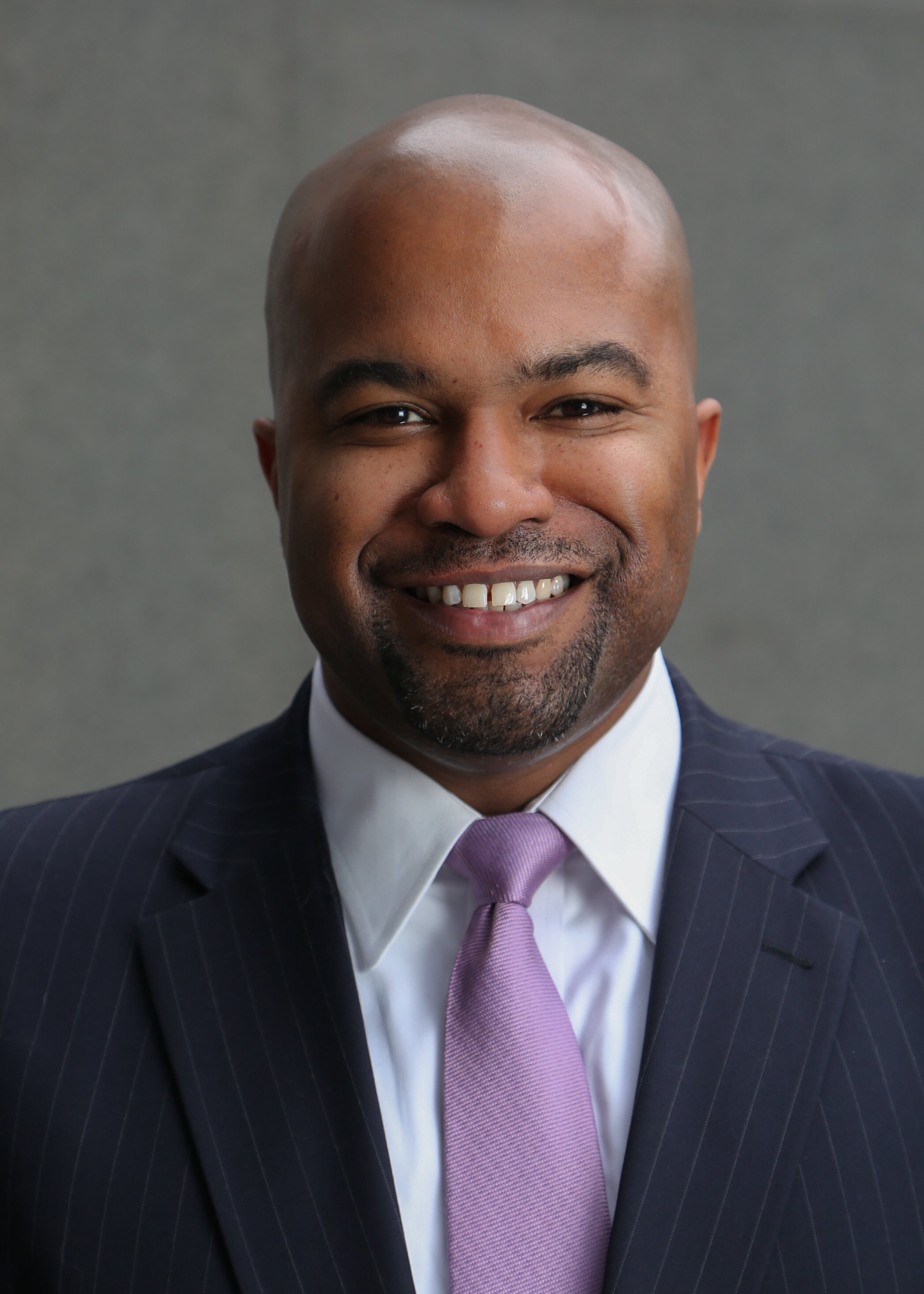
Panelist, CDFIs and Righting the Wrongs of Racial Wealth Exclusion
As Wacif’s CEO, Harold Pettigrew leads one of the Washington, D.C. metropolitan area’s leading Community Development Financial Institution’s focused on access to capital products and services, and capacity building technical assistance to low- and moderate-income entrepreneurs, women entrepreneurs, and entrepreneurs of color.
Harold has nearly 20 years of experience economic development. Prior to joining Wacif, he was the Director of Entrepreneurship for Prosperity Now, where he led its national efforts to advance policies and programs that increased business success for low-and moderate-income entrepreneurs throughout the country. From 2011 to 2013, Harold served as the fifth Director of Washington, D.C.’s Department of Small and Local Business Development where he led the agency through an aggressive expansion of small business financing and program services. Confirmed unanimously by the City Council, Harold served as the city’s chief small business advocate, advising the Mayor on all programs, policies, and issues related to or affecting the local business community, and led the city’s agency responsible for supporting the development, economic growth, and retention of small businesses.
Harold is 2020-2021 class of Leadership Greater Washington, 2017 OFN Opportunity Fellow, 2016 Common Future Local Economy Fellow, and 2015 Next City Vanguard. Harold has received numerous professional accolades including the 2016 Leadership Center for Excellence’s 40 Under Forty, 2016 NC State Alumni Association’s Outstanding Young Alumnus Award, Development Counsellors International’s inaugural 40 Under Forty in economic development 2013, and 2011 Envest Foundation’s Top 40 Under Forty award.
Harold serves as a member of the Board of Directors for the Enterprise Community Loan Fund, Common Future, and locally for the Coalition for Nonprofit Housing and Economic Development (CNHED). In addition, Harold serves as a founding member of the Board of Directors for Entrepreneur Backed Asset (EBA) Fund, an innovative national initiative to increase liquidity and strengthen the capacity of from community-based financial institutions to expand lending to small businesses in low-income communities and those owned by people of color.
Harold has a Master of Urban Planning degree from New York University, and an undergraduate degree from NC State University, where he served as a member of the Board of Trustees.
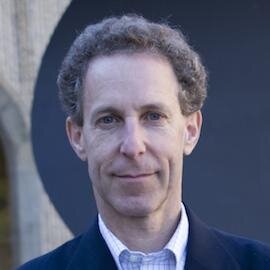
Panelist, Challenges and Opportunities Posed by Transitioning to a Green Economy
Dan Reicher is a senior research scholar at the Stanford Woods Institute for Environment. He is also a partner at the Climate Adaptive Infrastructure Fund, a venture partner at Ridge-Lane Limited Partners and a distinguished associate at the Energy Futures Initiative. Reicher came to Stanford in 2011 as the executive director of Stanford's Steyer-Taylor Center for Energy Policy & Finance. Before coming to Stanford, he was the director of climate change and energy initiatives at Google. Reicher has worked for three U.S. presidents, including in the Clinton administration as assistant secretary of energy for energy efficiency and renewable energy, and as the Department of Energy's chief of staff. He was also an executive vice president Northern Power Systems and president of New Energy Capital. Reicher holds a B.A. in biology from Dartmouth College and a J.D. from Stanford Law School. He also studied at Harvard’s Kennedy School of Government and MIT.
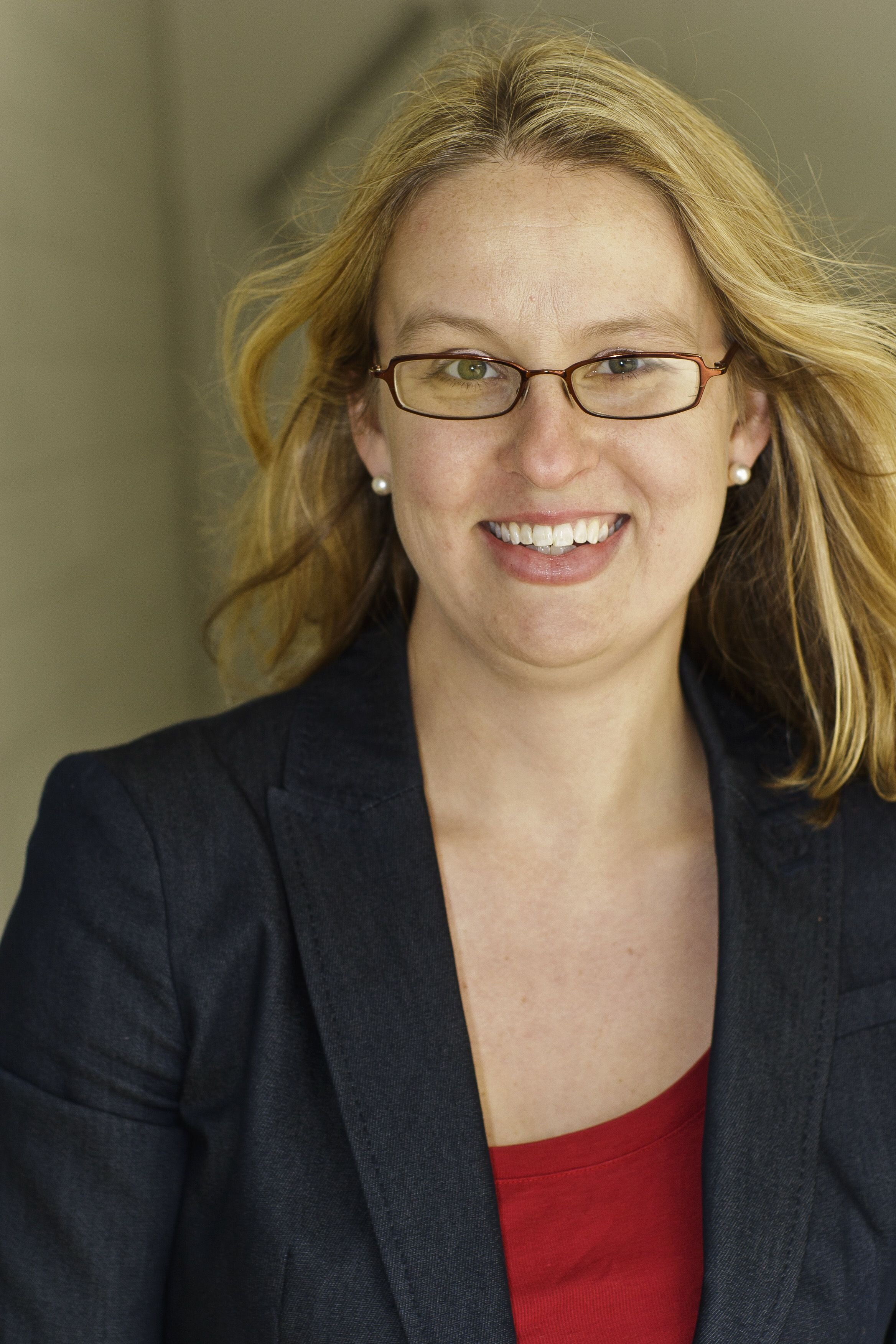
Panelist, Future of Work: Rewiring Systems to Create Shared Prosperity
Alex Swartsel is Deputy Director, Acceleration at JFFLabs. In that role, she helps build and grow JFF’s emerging Impact Accelerator, which is transforming U.S. workforce and education systems by expanding access to innovative technologies that have the potential to revolutionize how Americans work and learn.
Before joining JFF, Alex served as chief of development, finance, and external affairs for Teach for America’s Washington, DC, region, a role in which she oversaw fundraising, finance, and communications for a 22-person team supporting more than 3,000 educators and leaders. Earlier in her career, she served as a senior advisor to U.S. Sen. Elizabeth Warren, co-designed global strategic planning at the Motion Picture Association, and built and led the communications team for then-first-term U.S. Senator Sheldon Whitehouse.
Alex chairs the board of directors of Capital City Symphony. She is also a longtime member and current chorus president of the Choral Arts Society of Washington.
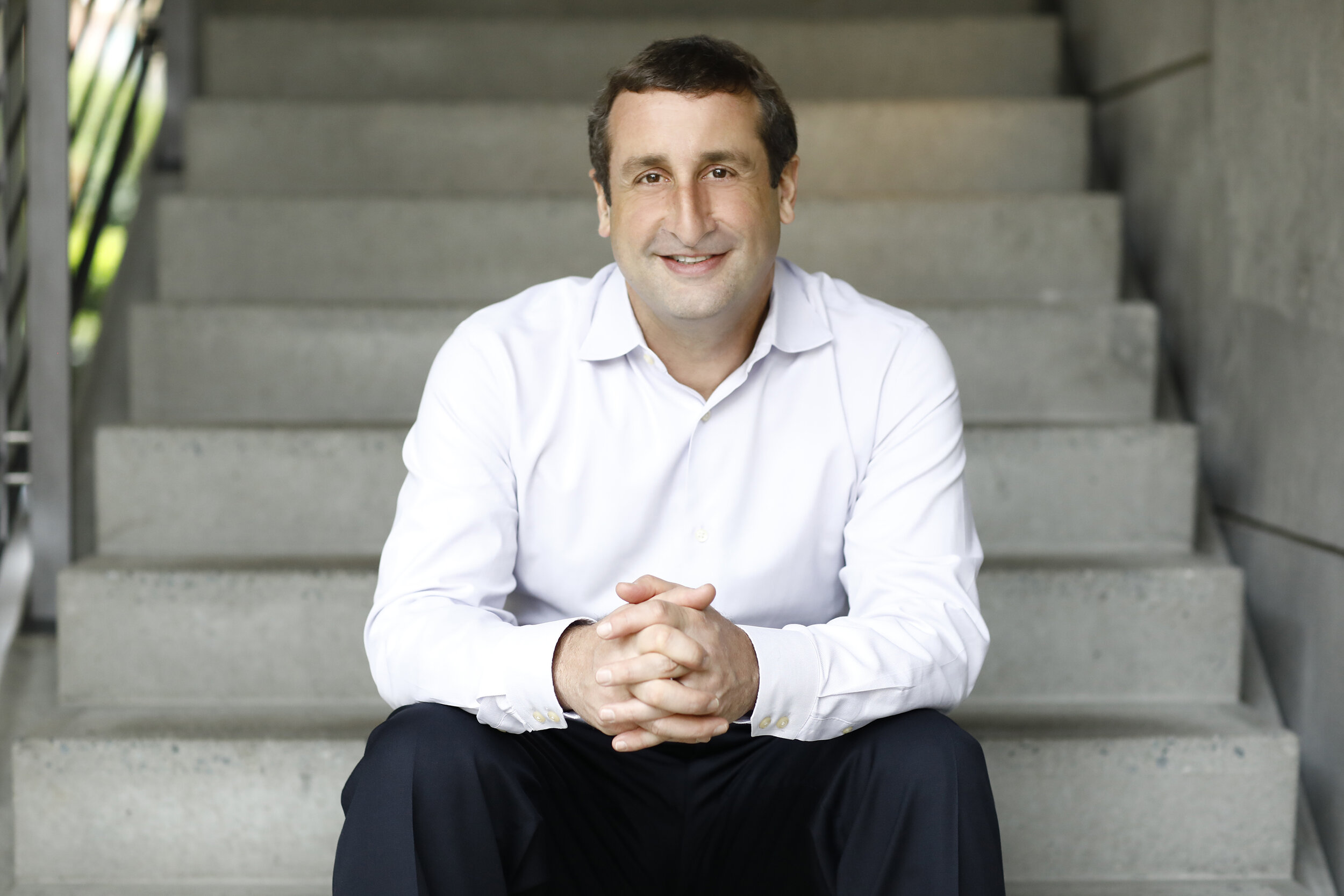
Panelist, Financial Services' Role in Inclusive Development
Joshua Winter leads workforce development efforts on the Microsoft Philanthropies Digital Inclusion and Community Engagement team. His work is focused on ensuring people historically unreached and displaced by technology are equipped with the computing and AI skills to be employed in the digital economy. Central to this work is creating a skills-based labor market in which life-long learning is valued.
Prior to joining Microsoft, Joshua led strategy for the New York City Department of Education creating its new theory of action to ensure all of the district’s 1,600 schools provide an equitable and excellent education to every one of its 1.1 million students. Prior to that, he implemented innovative workforce development initiatives to better connect local residents to emerging sectors at the New York City Economic Development Corporation, The Initiative for a Competitive Inner City in Boston, and at The Community Foundation for Greater New Haven.
Joshua began his career as a counterperson at Dunkin Donuts and later went on to join Teach for America as a middle school math teacher in the Bronx, NY. A lifelong east coaster, Joshua and his family are continuing to acclimate to life in the Pacific Northwest and when not enjoying the outdoors he can be found searching for a good bagel or slice of pizza .






















Keynote
For more than three decades, Bill Bynum has worked to advance economic opportunity for disenfranchised populations. He began his career in North Carolina by establishing nationally recognized programs at Self-Help and at the NC Rural Economic Development Center. In 1994, Bynum moved to Mississippi to become the founding CEO of the Enterprise Corporation of the Delta, and in 1995 organized Hope Community Credit Union.
Today, HOPE (Hope Enterprise Corporation, Hope Credit Union and Hope Policy Institute), is a family of organizations that provides financial services; leverages resources; and engages in policy analysis to strengthen communities, build assets, and improve lives in Alabama, Arkansas, Louisiana, Mississippi and Tennessee. Since 1994, HOPE has generated more than $2.5 billion in financing that has benefitted more than one million people in one of the nation’s most impoverished regions.
Bynum serves on the boards of the Aspen Institute, NAACP Legal Defense Fund, Prosperity Now, and William Winter Institute for Racial Reconciliation. Bynum previously chaired the Consumer Financial Protection Bureau Consumer Advisory Board and the Treasury Department’s Community Development Advisory Board, and served as a member of the US Partnership on Mobility from Poverty. A recipient of the University of North Carolina Distinguished Alumnus Award, Bynum and HOPE have been honored with the John P. McNulty Prize (Aspen Global Leadership Network), Ned Gramlich Award for Responsible Finance (Opportunity Finance Network), Annie Vamper Award (National Federation of Community Development Credit Unions), Herb Wegner Award (National Credit Union Foundation), National Entrepreneur of the Year (Ernst & Young/Kauffman Foundation), Rural Hero Award (National Rural Assembly), Pete Crear Lifetime Achievement Award (African American Credit Union Coalition) and The Wall St. Journal/Met Life Foundation Financial Inclusion Challenge.
Keynote
John N. Friedman is Professor of Economics and International and Public Affairs at Brown University and a founding co-director of Opportunity Insights at Harvard University.
His research brings together theory and data, harnessing the power of large administrative datasets to yield policy-relevant insights on a wide range of topics, including taxation, healthcare, and education quality. His work has appeared in top academic journals as well as in major media outlets.
His most well-known papers estimate the long-term effects of teachers on student outcomes such as college attendance and earnings; in just one year, a great teacher can raise the lifetime earnings of a single class of students by nearly $1.5 million. This work was cited by President Obama in his 2012 State of the Union Address. Friedman has also worked as special assistant to the President for economic policy at the National Economic Council in the White House from 2013-2014.
He holds a Ph.D. in economics, an AM in statistics, and a BA in economics, all from Harvard University. He is a Research Associate at the National Bureau of Economic Research.
Keynote
Eric Rosengren is president and CEO of the Federal Reserve Bank of Boston, one of 12 regional Federal Reserve banks. Eric is a participant in the Federal Open Market Committee, the monetary policymaking body of the United States. As CEO, Eric leads the Boston Fed’s work, which includes economic research and analysis, banking supervision and financial stability efforts, community economic development activities, and a wide range of payments, technology, and finance initiatives.
Eric was appointed president in 2007 and has taken a rigorously data-driven approach in forming his views on the national and regional economy. His research and policy positions pay close attention to both aspects of the Fed’s dual mandate – labor market outcomes as well as price stability. Eric’s work as a researcher and now as a policymaker has often focused on financial stability issues and their impact on the real Main Street economy. He has led a number of efforts to expand the Boston Fed’s outreach and impact on low- and moderate-income communities – among them hosting sizable foreclosure- prevention workshops for New England residents during the Great Recession, and running a competition for postindustrial New England communities to develop cross-sector collaboration and ultimately help improve the lives of lower-income residents.
Eric holds a bachelor’s degree in economics from Colby College, where he is the current chair of the board of trustees, and earned a master’s and doctorate in economics from the University of Wisconsin, Madison.
Panelist, Challenges and Opportunities Posed by Transitioning to a Green Economy
Emily Chasan is director of communications for Generate, where she leads internal and external communications. Generate is a leading diversified infrastructure company, which owns, operates and finances sustainable infrastructure in power, mobility and waste.
Prior to the role, she was Sustainable Finance Editor at Bloomberg News, where she pioneered the news organization’s coverage of ESG, sustainability and impact investing. Recognized as a leading voice on green finance, Emily wrote and edited Bloomberg Green’s weekly Good Business newsletter on the frontiers of sustainable and responsible investing and is a regular speaker at ESG conferences and events.
She was previously a senior editor at The Wall Street Journal's CFO Journal, and a senior correspondent at Reuters where she covered accounting, law, hedge funds, manufacturing, and the U.S. stock market. She led the wire service's team of bankruptcy reporters during the financial crisis from 2008 to 2010.
Emily started her career as an intern in The Wall Street Journal's Dallas bureau. She graduated from Tufts University cum laude with a degree in Economics and International Relations.
Panelist, Financial Services' Role in Inclusive Development
Gregory Chen leads CGAP’s Policy team, which helps policy makers adapt to the fast-changing world of digital finance. This includes developing and executing a strategy to engage multiple countries, regions, and global bodies—and oversight of the work of more than a dozen staff and consultants.
Gregory has 25 years of financial inclusion experience and deep regional experience in South Asia. His work has focused on hands-on start-up pioneer microfinance institutions, digital finance players, and FinTech. He has been part of forging new institutions and regulatory environments to support financial sectors. This includes work with the Aga Khan Development Network, BRAC, Telenor, and Dvara. He also has experience as a corporate banker at Bank of America and led the establishment of the financial services consulting firm Enclude in South Asia.
Gregory is a frequent speaker and lecturer on microfinance and digital finance in academic circles at BRAC University, Johns Hopkins, Tufts, Yale, and American University. He has been interviewed by BBC and quoted in the Economist. He has a Master’s degree in International Development from Harvard’s Kennedy School and an undergraduate degree from Wesleyan University.
Panelist, Future of Work: Rewiring Systems to Create Shared Prosperity
Anita Davis has a broad track record in community, economic and workforce development programs and initiatives designed to improve the economic mobility of low- and moderate-income individuals and communities. Her extensive experience includes the administration of a variety of funding sources including federal, state, local and private grants. She is a workforce development expert with in-depth knowledge of labor market dynamics, occupational and skill demands, adult career training and workforce development policies, implementation, evaluation, and best practices. Anita will join Goodwill Industries of Missouri and Kansas on March 1st as Chief Mission Officer. Currently, Anita serves as Workforce Development Program Director for the Mid-America Regional Council (MARC) where her team leads regional education and workforce development initiatives such as GradForce KC, Regional Workforce Intelligence Network and KC Degrees. Prior to joining MARC Anita was the Assistant Director of Workforce Development for the City and County of Denver, Colorado where her tenure included leading the delivery of WIOA Adult, Dislocated Worker, and Youth programs and other regional workforce development initiatives.
Ms. Davis earned a bachelor’s degree in African Studies from the University of Kansas and a master’s degree in Public Administration and Urban Economic Development from the University of Missouri Kansas City where she was a Federal Department of Housing and Urban Development Fellow.
Moderator, Future of Work: Rewiring Systems to Create Shared Prosperity
Kate Cooney is a Senior Lecturer in social enterprise and management at the Yale School of Management. Her research uses institutional theory to study the intersection of business and social sectors. Current work focuses on the cross-country comparisons of new social business legal forms, corporate supply chain transparency, social return on investment methods and inclusive economic development strategies in the American city. To understand how hybrid organizations are shaped by commercial and institutional isomorphic pressures, she has studied commercialization in the nonprofit sector, social enterprise, workforce development programs, and the emergence of new social business legal forms. She has also written broadly about market based approaches to poverty alleviation the negotiation of competing institutional logics in social enterprise organizations.
Projects underway include CitySCOPE podcast, a series examining inclusive economic development in American Cities (Listen to Season 1 Charting the Opportunity in Opportunity Zones) and a MacMillan Center funded grant titled Consumer Activism and Supply Chain Transparency: Anti-Slavery Movements in the United Kingdom and the United States. Prior to joining the faculty at Yale SOM, Dr. Cooney was on the faculty at Boston University teaching courses on nonprofit management, urban poverty and economic development, and community and organizational analysis. Kate Cooney currently serves on the Board of Directors of Dwight Hall at Yale, Center for Public Service and Justice.
Panelist, Future of Work: Rewiring Systems to Create Shared Prosperity
Alastair Fitzpayne serves as a Senior Fellow and Advisor at the Aspen Institute. He previously served as Executive Director of the Aspen Institute Future of Work Initiative. Prior to his work at the Aspen Institute, he served as Chief of Staff at the Department of Health and Human Services (HHS) under Secretary Sylvia Burwell. In addition to serving as Chief of Staff at HHS, Fitzpayne also held a number of senior roles at the Department of the Treasury during the Obama Administration, including Deputy Chief of Staff and Assistant Secretary for Legislative Affairs. He has also served on Capitol Hill, in both the Senate and the House, as an economic advisor to Sen. Evan Bayh and Rep. Rahm Emanuel, respectively. He has also worked at the White House Office of Management and Budget and Abt Associates, a public policy consulting firm.
Fitzpayne holds a BA from Vassar College and an MPP from the University of California-Berkeley.
Panelist, Challenges and Opportunities Posed by Transitioning to a Green Economy
Amy Francetic is a managing partner at Buoyant Ventures, a new Chicago-based venture fund that invests in digital climate solutions in North America. In 2009, she co-founded Clean Energy Trust, a technology accelerator that serves the Midwestern US and helps launch new clean energy companies. She led the accelerator as CEO until 2015, and continues to serve on its board of directors. Between Clean Energy Trust and Buoyant Ventures, she spent several years as managing partner at Energize Ventures, where she invested in digital solutions that drove affordability, reliability, and security in energy and industry. She holds a B.A. in psychology and political science from Stanford University.
Panelist, Financial Services' Role in Inclusive Development
Miriam Freeman is passionate about financial health and inclusive economic development, which she brings to her role in JPMorgan Chase Global Philanthropy as part of the firmwide financial health strategy and $125MM philanthropic commitment. She has ten years of experience at the intersection of business and social impact and has lived and worked in Latin America, including three years in Santiago, Chile. She holds a Master of International Business from The Fletcher School at Tufts University and a bachelor's degree in international affairs from The George Washington University.
Panelist, Challenges and Opportunities Posed by Transitioning to a Green Economy
Kenneth Gillingham is an Associate Professor of Economics at Yale University, with a primary appointment in the School of the Environment and secondary appointments in the Department of Economics and School of Management. In 2015-2016 he served as the Senior Economist for Energy and the Environment at the White House Council of Economic Advisers. He is an energy and environmental economist drawing from the fields of applied microeconomics, industrial organization, and energy modeling. His research examines the adoption of new energy technologies, energy efficiency, quantitative policy and program analysis, and climate change policy. He has published widely on consumer decisions in energy efficiency and renewable energy, as well as on climate and energy policy. Outlets for his work have included Science, Nature, PNAS, American Economic Journal: Economic Policy, RAND Journal of Economics, Quantitative Economics, Management Science, Marketing Science, Journal of the Association of Environmental and Resource Economists, Journal of Environmental Economics & Management, and the Energy Journal. His research has been funded by the National Science Foundation, U.S. Department of Energy, U.S. Environmental Protection Agency, and several foundations. Prior to joining Yale, was a Fulbright Fellow in New Zealand and a Fellow for Energy and the Environment at the White House Council of Economic Advisers. Before this, he worked at Resources for the Future and the integrated assessment modeling group at Pacific Northwest National Laboratory. He received a Ph.D. in Management Science & Engineering and Economics, as well as M.S. degrees in Statistics and Management Science & Engineering, from Stanford University. His undergraduate degree was an A.B. in Economics and Environmental Studies from Dartmouth College.
Panelist, CDFIs and Righting the Wrongs of Racial Wealth Exclusion
Carolyn Gonzalez is the Community Development Officer at Capital for Change, CT's largest full-service Community Development Financial Institution. She has devoted most of her career to community and economic development having directed a variety of community and economic development programs and projects with ASPIRA of CT, Bridgeport Economic Development Corporation, State of CT Department of Economic and Community Development, and Community Capital Fund.
Carolyn is a founding member and board member of the Greater Bridgeport Latino Network, serving as president from 2015-2019. GBLN has engaged thousands of Latinos in Connecticut through a variety of communications platforms, service collaborations, networking activities and educational programs.
Carolyn attended the University of Puerto Rico in Rio Piedras, PR, holds a Bachelor’s Degree (Political Science) from the University of Bridgeport and an Interior Design Certificate from Fairfield University.
Moderator, Financial Services' Role in Inclusive Development
Annie Harper has a PhD from Yale University in cultural anthropology. She conducts research on how vulnerable populations, particularly low income people with mental illness, cope with poverty and financial difficulties, and how to support them in this area. She is particularly interested in understanding how the financial services and retail industries could better serve low income people generally, and people with mental illness in particular. She is committed to combining rigorous research with practical work that makes a difference now, to which end she works closely with the City of New Haven and the broader community’s efforts to provide support to low income residents struggling with financial difficulties. She is originally from the UK, but has lived for many years in New Haven with her husband, who is originally from Pakistan, and their three children.
Panelist, Challenges and Opportunities Posed by Transitioning to a Green Economy
Philip Jordan is the Vice-President of BW Research Partnership, leading the firm’s Massachusetts office. His work focuses on the impact of talent on economic prosperity and sustainable communities, and his personal passion is developing solutions that provide expanded opportunities for the most difficult to serve populations. Jordan has extensive experience studying the innovation economy, in particular, clean energy and ICT. He has authored dozens of reports including The Solar Foundation's annual Solar Jobs Census, the Natural Resource Defense Council's American Wind Farms Report, Solar and Wind Labor Market Analyses for the National Renewable Energy Laboratory, statewide clean energy studies for nine states, and numerous local reports for workforce boards, community colleges, and municipalities. He recently published a book with El Sevier on the global solar industry. Phil has worked in private industry, academia, and government, including the California Community Colleges, Commonwealth of Massachusetts, and the United States Senate.
Panelist, CDFIs and Righting the Wrongs of Racial Wealth Exclusion
Amir Kirkwood has more than 20 years of banking and economic development finance experience. He currently serves Opportunity Finance Network as Chief Lending and Investment Officer. In his capacity at OFN, Amir is responsible for management of OFNs $900 million of investments in CDFIs. Amir helps the firm raise capital to support long term financing needs of the CDFI industry. He is a member of the Investment Committee and Credit Review Committee where he assists the firm in risk and portfolio management.
Moderator, CDFIs and Righting the Wrongs of Racial Wealth Exclusion
Andrea Levere is President Emerita of Prosperity Now (formerly CFED), a private nonprofit organization with the mission of ensuring that everyone can gain financial stability, build wealth and achieve prosperity. It designs and operates major national initiatives that aim to integrate financial capability services into systems serving low-income people, build assets and savings, close the racial wealth divide and advance research and policies that expands economy mobility for all. She stepped down in August 2019 after spending 15 years as President and 27 years with the organization and is now an Executive Fellow at the Yale School of Management, hosted by the International Center for Finance in partnership with the Program for Social Enterprise. In this role, Andrea is leading an initiative focused on expanding “Equitable Finance” for the nonprofit sector and recently authored the Blueprint for Enterprise Capital available at https://enterprisecapital.info.
In 2013, President Obama appointed Ms. Levere to the National Cooperative Bank’s (NCB) Board of Directors. She served as the Chair of the Community Advisory Council of the Federal Reserve Board of Governors for 2019. She is a founding investor and the Chair of ROC USA, a national social venture that converts manufactured home parks into resident owned cooperatives. She was formerly a member of the FDIC’s Committee on Economic Inclusion, Morgan Stanley’s Community Development Advisory Board, and Capital One’s Community Advisory Council as well as the Chair of the Board of Directors of the Ms. Foundation for Women. She holds a BA from Brown University and an MBA from Yale University.
Panelist, CDFIs and Righting the Wrongs of Racial Wealth Exclusion
Emanuel Nieves is an Associate Director of Policy at Prosperity Now, where he works to inform and mobilize advocates across the country to push for policy change at the federal level that expands economic opportunity. He also leads Prosperity Now's work on predatory lending and coordinates the Assets Building Policy Network. Before joining Prosperity Now, he worked at the Local Initiatives Support Corporation, where he coordinated LISC’s local office advocacy efforts in Washington, DC, and provided support on an array of housing and community development federal issues.
Panelist, Financial Services' Role in Inclusive Development
Having lived and studied in different countries, Anett has learned to appreciate living in a digital society. Anett believes that all processes and structures of public services should be accessible and simple for every single citizen. Based on her academic background in political science, Anett focuses on enhancing good cooperation between the public and private sector to create a comprehensive and supportive environment. Her goal as a Digital Transformation Adviser at the e-Estonia Briefing Centre is to explain the Estonian digitalisation experience and thus inspire leaders and decision-makers alike to create a better tomorrow.
Panelist, CDFIs and Righting the Wrongs of Racial Wealth Exclusion
As Wacif’s CEO, Harold Pettigrew leads one of the Washington, D.C. metropolitan area’s leading Community Development Financial Institution’s focused on access to capital products and services, and capacity building technical assistance to low- and moderate-income entrepreneurs, women entrepreneurs, and entrepreneurs of color.
Harold has nearly 20 years of experience economic development. Prior to joining Wacif, he was the Director of Entrepreneurship for Prosperity Now, where he led its national efforts to advance policies and programs that increased business success for low-and moderate-income entrepreneurs throughout the country. From 2011 to 2013, Harold served as the fifth Director of Washington, D.C.’s Department of Small and Local Business Development where he led the agency through an aggressive expansion of small business financing and program services. Confirmed unanimously by the City Council, Harold served as the city’s chief small business advocate, advising the Mayor on all programs, policies, and issues related to or affecting the local business community, and led the city’s agency responsible for supporting the development, economic growth, and retention of small businesses.
Harold is 2020-2021 class of Leadership Greater Washington, 2017 OFN Opportunity Fellow, 2016 Common Future Local Economy Fellow, and 2015 Next City Vanguard. Harold has received numerous professional accolades including the 2016 Leadership Center for Excellence’s 40 Under Forty, 2016 NC State Alumni Association’s Outstanding Young Alumnus Award, Development Counsellors International’s inaugural 40 Under Forty in economic development 2013, and 2011 Envest Foundation’s Top 40 Under Forty award.
Harold serves as a member of the Board of Directors for the Enterprise Community Loan Fund, Common Future, and locally for the Coalition for Nonprofit Housing and Economic Development (CNHED). In addition, Harold serves as a founding member of the Board of Directors for Entrepreneur Backed Asset (EBA) Fund, an innovative national initiative to increase liquidity and strengthen the capacity of from community-based financial institutions to expand lending to small businesses in low-income communities and those owned by people of color.
Harold has a Master of Urban Planning degree from New York University, and an undergraduate degree from NC State University, where he served as a member of the Board of Trustees.
Panelist, Challenges and Opportunities Posed by Transitioning to a Green Economy
Dan Reicher is a senior research scholar at the Stanford Woods Institute for Environment. He is also a partner at the Climate Adaptive Infrastructure Fund, a venture partner at Ridge-Lane Limited Partners and a distinguished associate at the Energy Futures Initiative. Reicher came to Stanford in 2011 as the executive director of Stanford's Steyer-Taylor Center for Energy Policy & Finance. Before coming to Stanford, he was the director of climate change and energy initiatives at Google. Reicher has worked for three U.S. presidents, including in the Clinton administration as assistant secretary of energy for energy efficiency and renewable energy, and as the Department of Energy's chief of staff. He was also an executive vice president Northern Power Systems and president of New Energy Capital. Reicher holds a B.A. in biology from Dartmouth College and a J.D. from Stanford Law School. He also studied at Harvard’s Kennedy School of Government and MIT.
Panelist, Future of Work: Rewiring Systems to Create Shared Prosperity
Alex Swartsel is Deputy Director, Acceleration at JFFLabs. In that role, she helps build and grow JFF’s emerging Impact Accelerator, which is transforming U.S. workforce and education systems by expanding access to innovative technologies that have the potential to revolutionize how Americans work and learn.
Before joining JFF, Alex served as chief of development, finance, and external affairs for Teach for America’s Washington, DC, region, a role in which she oversaw fundraising, finance, and communications for a 22-person team supporting more than 3,000 educators and leaders. Earlier in her career, she served as a senior advisor to U.S. Sen. Elizabeth Warren, co-designed global strategic planning at the Motion Picture Association, and built and led the communications team for then-first-term U.S. Senator Sheldon Whitehouse.
Alex chairs the board of directors of Capital City Symphony. She is also a longtime member and current chorus president of the Choral Arts Society of Washington.
Panelist, Financial Services' Role in Inclusive Development
Joshua Winter leads workforce development efforts on the Microsoft Philanthropies Digital Inclusion and Community Engagement team. His work is focused on ensuring people historically unreached and displaced by technology are equipped with the computing and AI skills to be employed in the digital economy. Central to this work is creating a skills-based labor market in which life-long learning is valued.
Prior to joining Microsoft, Joshua led strategy for the New York City Department of Education creating its new theory of action to ensure all of the district’s 1,600 schools provide an equitable and excellent education to every one of its 1.1 million students. Prior to that, he implemented innovative workforce development initiatives to better connect local residents to emerging sectors at the New York City Economic Development Corporation, The Initiative for a Competitive Inner City in Boston, and at The Community Foundation for Greater New Haven.
Joshua began his career as a counterperson at Dunkin Donuts and later went on to join Teach for America as a middle school math teacher in the Bronx, NY. A lifelong east coaster, Joshua and his family are continuing to acclimate to life in the Pacific Northwest and when not enjoying the outdoors he can be found searching for a good bagel or slice of pizza .
